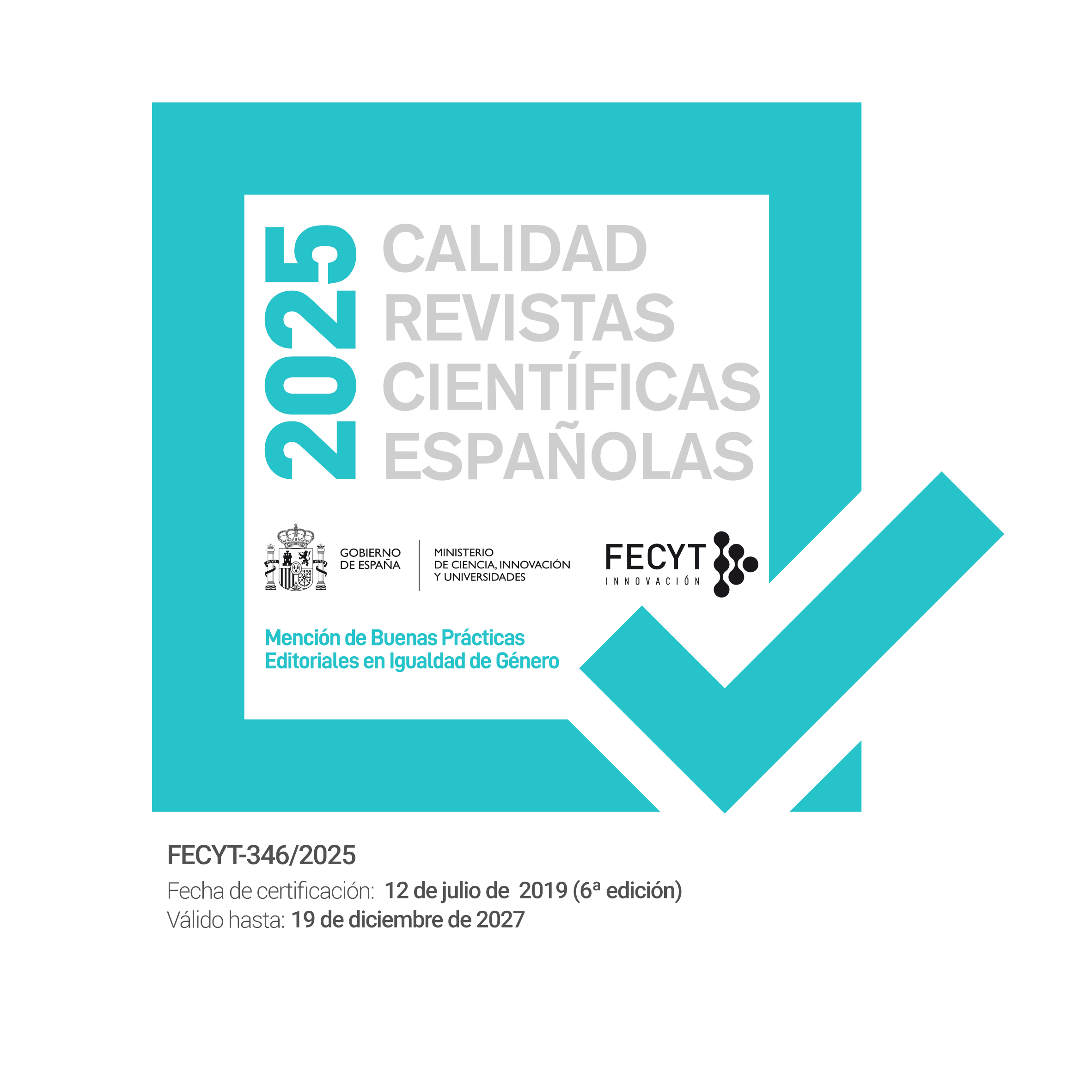Fascism, neo-fascism and the crisis of democracy
A conversation with Matteo Albanese
Keywords:
far-right, democracy, populism, polarisation, fascismAbstract
The Matteo Albanese conversation revolves around the definition and evolution of the European far right since the end of the Second World War, the analysis of its main characteristics and its role in democratic societies. One of the first issues addressed in analysing the new extreme right is the conceptualisation of fascism, the implications and difficulties of this concept for civil society and for academic specialists. Albanese considers that, from the point of view of historiographical rigour, fascism is a social and political movement that ended with World War II, but that there are nevertheless elements of its ideology, discourse and political practice that have permeated different movements and political parties present in the democratic game. In this way, after addressing other issues, such as the categorisation of populism or contemporary political and social polarisation, Albanesse will explain that the danger of the new extreme right is not that they are trying to do away with the democratic system in order to impose a new order, as was the intention of fascism in the past, but rather how, from within the system, they are moulding democracy and the political game in order to impose their debates, ideological positions and beliefs.
Downloads
References
Albanese, Matteo (2017). La red del neofascismo entre España e Italia: 1960-1977. En J. Muñoz y E. Treglia (eds.), Patria, pan... amore e fantasia: la 57 España franquista y sus relaciones con Italia (pp. 217-233). Comares.
Albanese, Matteo (2020). Tondini di ferro e bossoli di piombo: una storia sociale delle Brigate Rosse. Pacini.
Albanese, Matteo y Pablo del Hierro (2013). Una red transnacional. La "network" de extrema derecha entre España e Italia después de la Segunda Guerra Mundial (1945-1968). En M.A. Ruiz-Carnicer (coord.), Falange. Las culturas políticas del fascismo en la España de Franco (1936-1975) (pp.6-24). IFC.
Albanese, Matteo y Pablo Del Hierro (2016). Transnational fascism in the twentieth century: Spain, Italy and the global neo-fascist network. Bloomsbury Publishing.
Albanese, Matteo; Giorgia Bulli, Caterina Froio y Prieto Castelli Gattinara (2014). Fascsti di un Alter Millennio? Crisi e Partecipazione in CasaPound Italia. Bonanno Editore.
Albanese, Matteo; Christin Raimo y Igiaba Scego (2020). Politica della violenza. Per un antifascismo al passo coi tempi: note su razzismo, sessismo e crisi dello Stato-nazione. Fondazione Giangiacomo Feltrinelli.
Anderson, Benedict (1983). Imagined Communities: Reflections on the Origin and Spread of Nationalism. Verso.
Castel, Robert y Claudien Haroche (2001). Propriété privée, propriété sociale, propriété de soi. Fayard.
Froio, Caterina; Prieto Castelli Gattinara, Giorgia Bulli y Matteo Albanese (2020). CasaPound Italia: Contemporary extreme-right politics. Routledge. https://doi.org/10.4324/9781003005513
Gentile, Emilio (1990). Fascism as political religion. Journal of Contemporary History, 25(2), 229-251. https://doi.org/10.1177/002200949002500204
Gentile, Emilio (2004). Fascism, totalitarianism and political religion: definitions and critical reflections on criticism of an interpretation. Totalitarian Movements and Political Religions, 5:3, 326-375. https://doi.org/10.1080/1469076042000312177
Gentile, Emilio y Robert Mallett (2000). The Sacralisation of politics: Definitions, interpretations and reflections on the question of secular religion and totalitarianism. Totalitarian movements and political religions, 1(1), 18-55. https://doi.org/10.1080/14690760008406923
Gingsborg, Paul (1989). Storia d'Italia dal dopoguerra a oggi. Società e politica 1943-1988. Einaudi.
Gramsci, Antonio (1950). Americanismo e fordismo. Universale Economica.
Ignazi, Pierro (1998). Il polo escluso: profilo storico del Movimento sociale italiano. Mulino.
Pansa, Giampaolo (2003). Il sangue dei vinti. Sperling & Kupfer.
Payne, Stanley G. (1996). A History of Fascism, 1914-1945. University of Wisconsin Pres.
Revelli, Marco (2019). The new populism: Democracy stares into the abyss. Verso.
Sauveur, Yannick (1981). Jean Thiriart et le national communautarisme européen. Diffussion.
Sauveur, Yannick (2006). Thiriart, Coll Qui suis-je? Editions Pardès
Sternhell, Zeev (1994). The birth of fascist ideology: from cultural rebellion to political revolution. Princeton University Press.
Sternhell, Zeev (2010). The anti-enlightenment tradition. Yale University Press.
Downloads
Published
How to Cite
Issue
Section
License
Copyright (c) 2021 Encrucijadas. Revista Crítica de Ciencias Sociales

This work is licensed under a Creative Commons Attribution-NonCommercial-NoDerivatives 4.0 International License.
Los autores/as conservan los derechos de autor y ceden a la revista el derecho de la primera publicación, con el trabajo registrado con la licencia de atribución de Creative Commons Reconocimiento-NoComercial (CC-BY 4.0), que permite a terceros utilizar lo publicado siempre que mencionen la autoría del trabajo y a la primera publicación en esta revista. Encrucijadas permite y se anima a todas las personas autoras a depositar la versión final publicada en repositorios institucionales o temáticos de acceso abierto, cumpliendo en caso necesario los términos establecidos por la entidad financiadora de la investigación.





